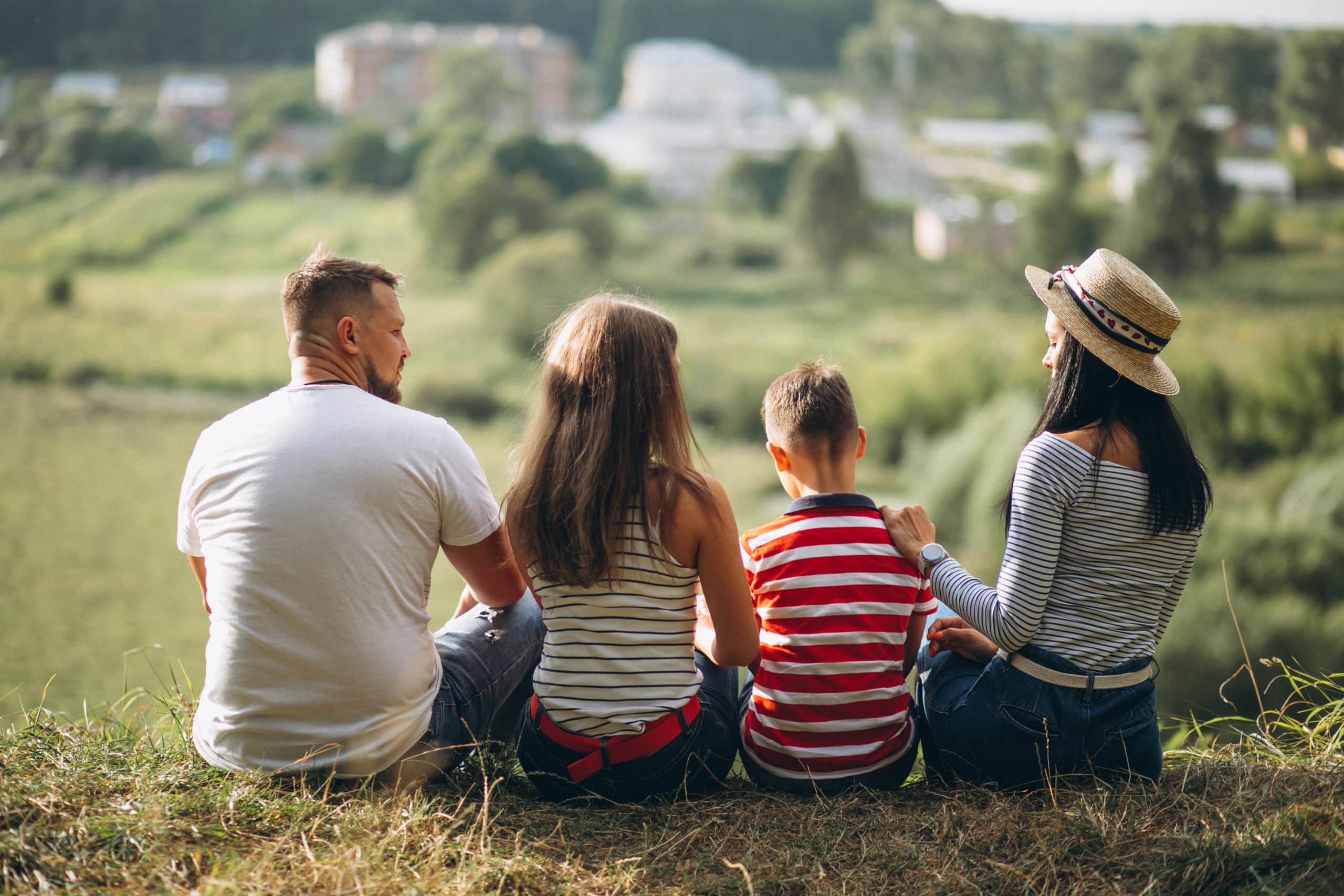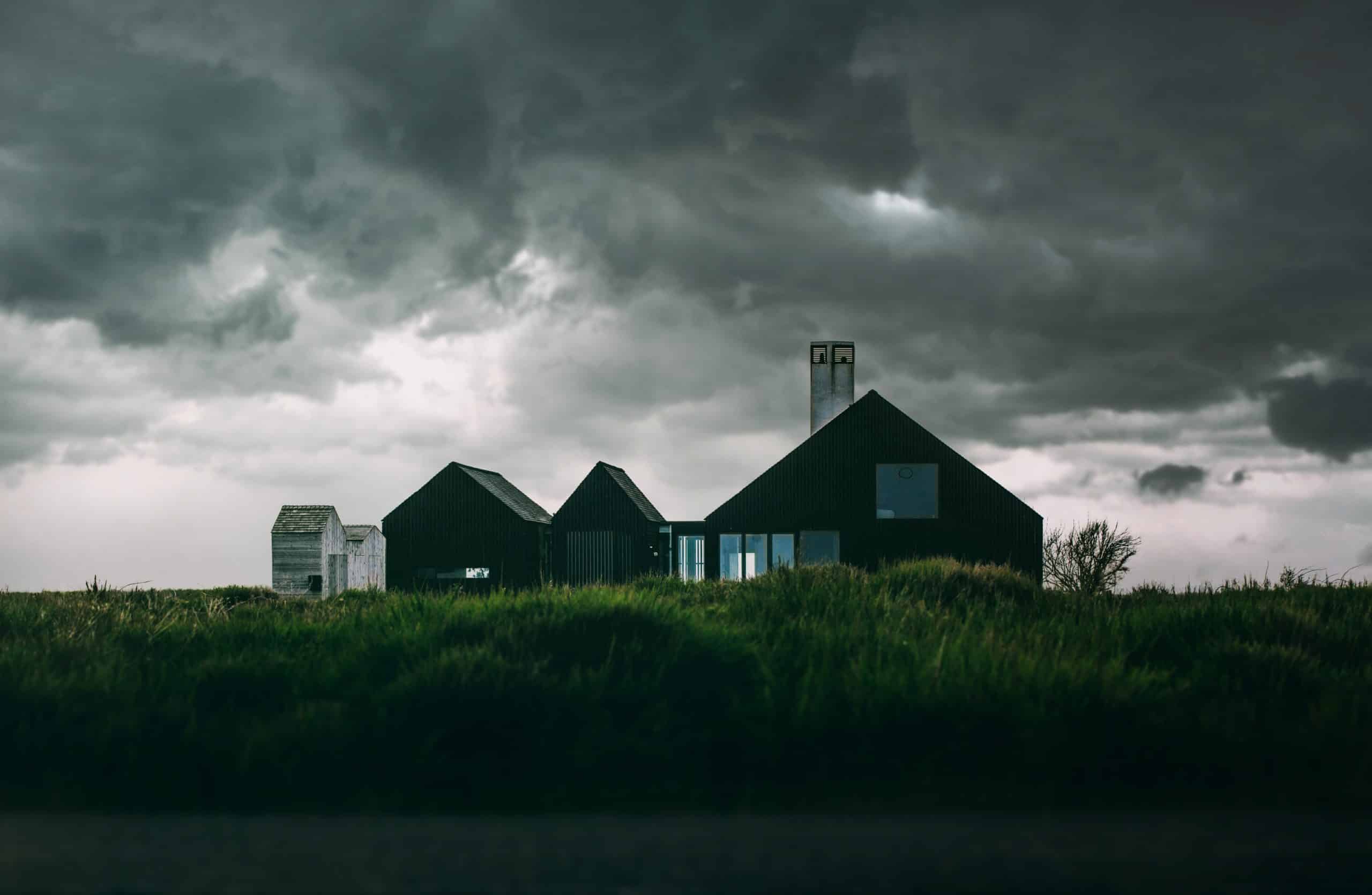
How to Talk to Children About Environmental Issues

A lot is happening in the world. Forests are burning, ice caps are melting, wildlife is being threatened and a virus is endangering humanity. On the other side of the coin, as much of mankind is currently under stay at home orders, air pollution levels have dropped dramatically, wildlife has been able to roam unhindered and nature is flourishing.
As parents, we worry about the type of world our kids will grow up in. Should we try to shelter them as much as we can, or should we prepare them for what is to come from an early age? How do we to talk to them about these issues so they can grow into mindful, well-rounded adults?
Well, it is important for children to know the truth. Why? Because children are the future. We have to encourage them to be kind to one another, to care for the planet around them, and to sharpen their minds. Raising well-rounded, eco-conscious adults is essential to a long-term improvement of society. Under the age of 5, children’s perception of reality may still be a little blurry, but from then on, they are able to assimilate our behaviors and words.
No matter how much we try to avoid it, it will happen
The fact of the matter is, children will see or hear about environmental issues sooner or later, in the news, at school or from their friends. Chances are they already know something is wrong with this or that in the world. They may have picked up some news out of context and may be worried about it.
It may be confusing to them, and reality is often distorted in conversations and in the media, especially for a child. This is why it is important to sit and discuss environmental issues with your kids, so it becomes clear and less alarming in their minds. They always have a lot of questions!
Make it clear
There are no universal guidelines, each child is different and does not react in the same way. We have to believe in them, though, and stay open. First, it is essential to explain to your kids why it is important to recycle, use reusable products, repurpose when possible, turn off the faucet to save water, turn off lights to reduce energy usage, and why the family will not be buying a particular product anymore (maybe because it contains a certain ingredient or is harmful to the environment, etc).
Make it clear and factual. You want to make sure they understand there are reasons to your choices and your actions. Children have a very clear-cut vision of reality and often want to get to the bottom of things. Teaching them all these steps along the way is a great basis for them to build their values on.
Create space for questions
There is no harm in telling the truth. However, we have to make sure we create an open, safe space. Honesty is key because it will strengthen children’s trust in their parents and the impact of the conversation. Be careful though, it is important to listen to one another, parents and children.
Children need to be able to ask questions. We should avoid burying them under loads of explanations, but rather encourage them to be curious so they can develop their critical thinking.
Find the right time
Stories are a great conversation starter. They use storytelling, which is so enticing to kids and reminds adults of their inner child, to lay the basis of the discussion. If they read about children trying to save the planet, or animals in cages, or anything else related to modern issues, children will come to you for answers. Wrapped in a story, the truth is easier to discuss. We should also pay attention to their emotions and take the time to deal with them. It is alright to feel scared or to be angry when we hear about deforestation for instance, but there are things we can do to reduce our impact, and initiatives are taken all-over the world.
Don’t be afraid to broaden their horizons
Book Prunelle’s eBooks were created in this spirit. Starting with the story, “The Truth and the Lie” can be a great way to engage the dialogue with kids because it tells them sometimes you have to dig a little deeper to find the true meaning of things, and you must be critical of what you hear. The platform offers plentiful of tales related to animal rights, climate change, social issues and inclusiveness, just to name a few!
The most important step is we need to make kids feel like they can make a difference. Because they can. They need to be convinced they can do their part, they matter and should be listened to. This will not only boost their confidence, but it will also allow you to bond with them on another level and build trust in your relationship. If they understand the situation and want to take action, then that’s another huge win!
Author bio: Marion Braun. After two years in the research field and countless musical reviews, Marion has found a way to link her love for literature with her desire to create a positive impact. She now puts her pen to paper for children’s eBooks platform Book Prunelle.



Post a comment